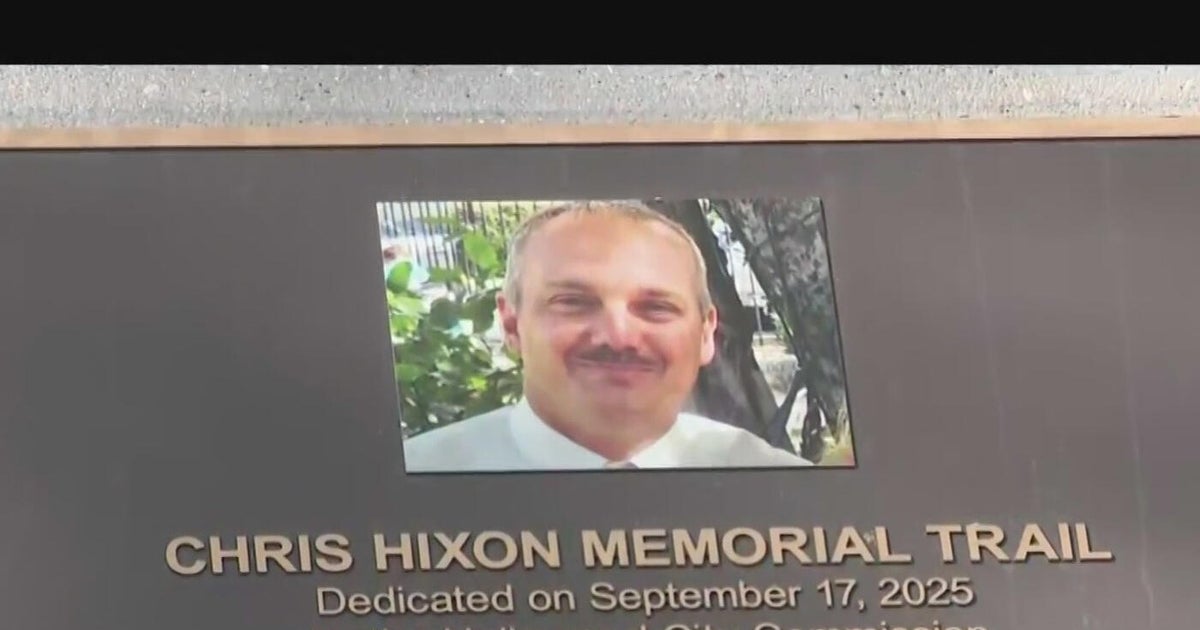A Maryland ticket broker is accused of illegally purchasing and reselling hundreds of thousands of tickets for profit, including thousands to Taylor Swift’s highly-sought Eras Tour.
The Federal Trade Commission is suing Key Investment Group, saying the company made millions of dollars in profit from reselling the ticket at inflated prices.
The lawsuit, filed Monday, Aug. 18, in U.S. District Court in Maryland, accuses the company and its affiliates of bypassing Ticketmaster’s security measures designed to block resellers from violating ticket-purchase limits.
Key Investment Group also did business under the names Epic Seats, TotalTickets.com LLC, and Totally Tix LLC, according to the complaint.
The FTC alleges that, in a one year period, the group purchased at least 379,776 tickets from Ticketmaster at a cost of nearly $57 million. The company then allegedly resold those tickets on secondary marketplaces for about $64 million.
In a statement, Key Investment Group said it will “vigorously defend itself against this clear example of regulatory overreach.” It claims the FTC “misleadingly characterizes KIG’s use of standard internet browsers,” and said the government’s case “threatens to dismantle the secondary ticket market for live events.”
Taylor Swift’s Eras Tour tickets
Between March and August of 2023, Key Investment Group allegedly purchased ten or more tickets to 38 Taylor Swift concerts, totaling 2,280 tickets, according to the complaint. The FTC says the company made more than $1.2 million in profit reselling those tickets.
For just one Taylor Swift show, the defendants allegedly used 49 different accounts to buy 273 tickets. The Eras Tour had a six-ticket purchase limit per customer, per event.
Among other events the FTC alleges were targeted was a 2023 Bruce Springsteen concert in New Jersey. Despite a four-ticket limit, the defendants allegedly purchased and resold more than 1,500 tickets.
How the alleged scheme worked
According to the FTC, the group used thousands of Ticketmaster accounts, both fictitious and third-party accounts it had purchased, to bypass security measures and purchase the tickets.
The company is also accused of using thousands of credit card numbers, including virtual card numbers, spoofing IP addresses to hide the identity of the ticket purchaser, and using SIM technology to collect the incoming verification codes.
In doing so, the FTC said the brokers violated the FTC Act and the Better Online Ticket Sales Act, which prohibits people from “circumventing a security measure, access control system, or other technological control or measure on an internet website or online service that is used by the ticket issuer to enforce posted event ticket limits or to maintain the integrity of posted online ticket purchasing order rules.”



